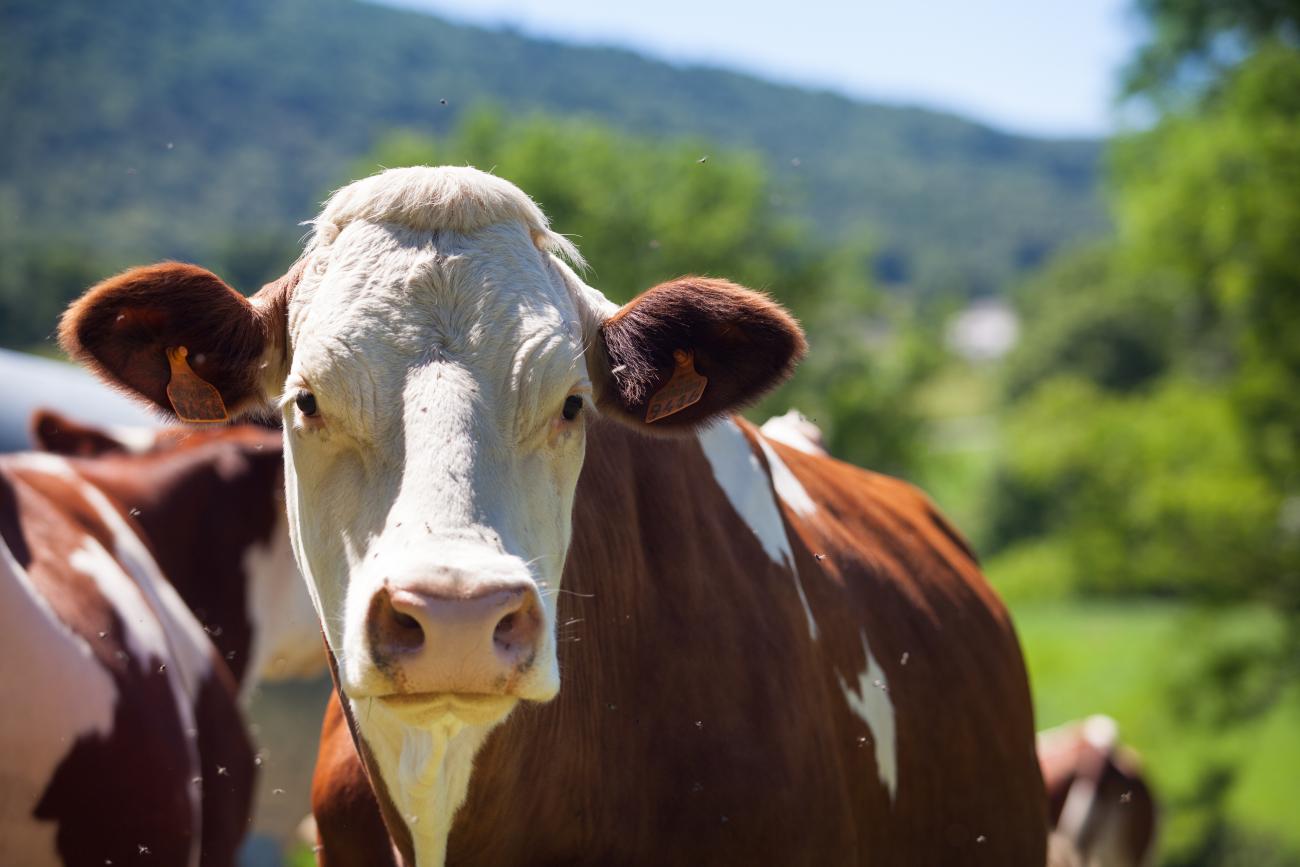
In the face of growing pressure to reduce the environmental footprint of food systems, particularly livestock production, ECI DPhil student Jess Zionts sheds light on a crucial challenge: how we measure impact shapes what actions we prioritise.
In a new paper, Jess unpacks the strengths and shortcomings of environmental metrics in ruminant agriculture, with a focus on methane and land use change—two key drivers of climate change. Here she explains how her research offers timely insights into how these metrics influence policy and corporate decisions, and the broader consequences for global food systems.
As companies and countries alike work to mitigate the environmental impact of their activities, our study explores current contentions around the indicators used to set targets and measure progress in the ruminant agriculture sector. Specifically, academic and corporate debates in recent years have centered on how to account for both methane and land use change. We focus on these impacts because ruminant agriculture is responsible for a significant share of these drivers of climate change.
The underlying cause for these debates is ultimately the allocation of blame for environmental destruction. Our study shows that, though we can argue ‘till the cows come home (pun intended) about responsibilities for past damages, the implications for future actions are unambiguous. There are many ways we can measure the environmental impact of agriculture, but the rank ordering of outcomes remains the same. Doing more is always better than doing less, regardless of metric choice. The magnitude of emissions reduction from a given intervention may depend on the metric used, but priorities are unaffected.
Additionally, emerging national land-sector mitigation strategies in Europe tend to prioritize taking agricultural land out of production for afforestation or other carbon storage measures. We assess the role that metric choice can play in creating these incentives, and discuss the dangers of interventions which might result in displacing food production overseas.
This piece is meant to guide ongoing conversations in governmental and corporate spheres to consider the global implications of regional mitigation decisions.
Among the co-authors of the paper was ECI Climate Programme lead Prof Myles Allen.
Read the full paper in Environmental Research: Food Systems: The utility of novel environmental impact metrics in UK ruminant mitigation

